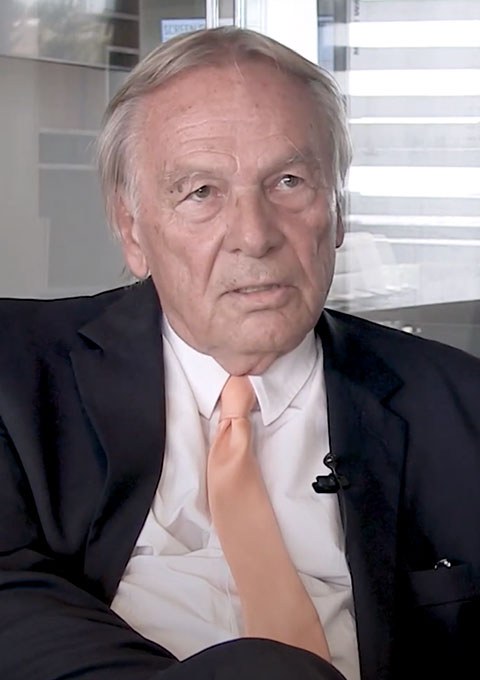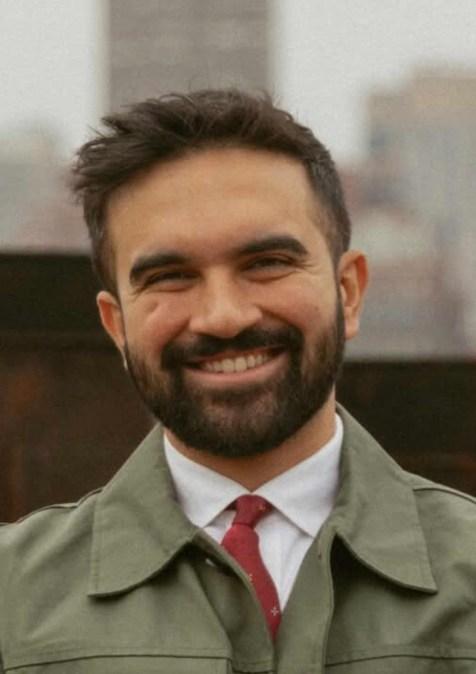Questions: 1/ In the first two weeks of February, the Presidential Elections will begin in earnest. The Democrats begin to choose their candidats in the so called Primaries. Who is the favorite ? 2/ Does any of those candidats have a chance to win against Donald Trump ? 3/ Could Michael Bloomberg, one of the Democratic candidates, who entered the race late, be the surprise ?
Speakers

Helmut Sorge
Columnist
Helmut Sorge is a columnist at the Policy Center for the New South, where he publishes opinion pieces in the format of international press reviews of current events related to the Middle East and European affairs, and conducts interviews with high level policy makers and PCNS researchers. He is also a lecturer on journalism and the media. For over 40 years, Helmut Sorge served as a writer, former Foreign correspondent, Foreign editor, and Middle East expert for Germany's leading newsmagazine "Der Spiegel" to Washington, London, Paris and Los Angeles. He reported from Vietnam, the Middle East, wrote about safaris, nuclear accidents, visited prisoners on death row in the United States. The German weekly “Gala” summarized in 2011, when his latest book, a collection of biographies ...







